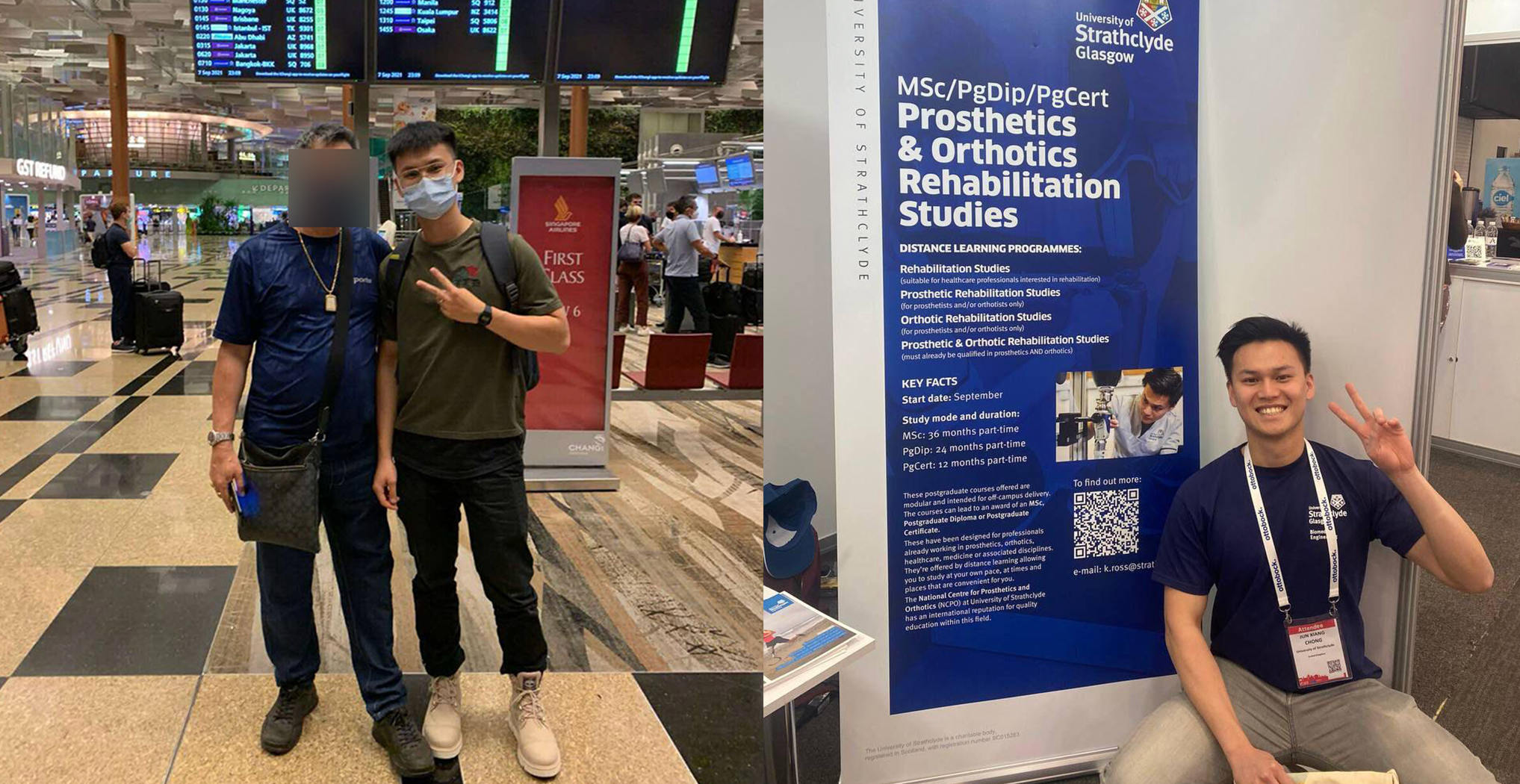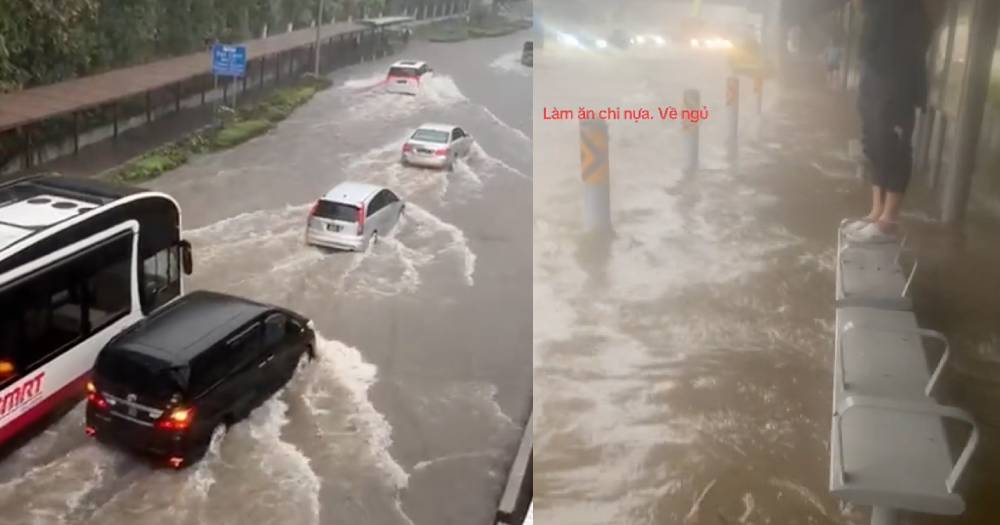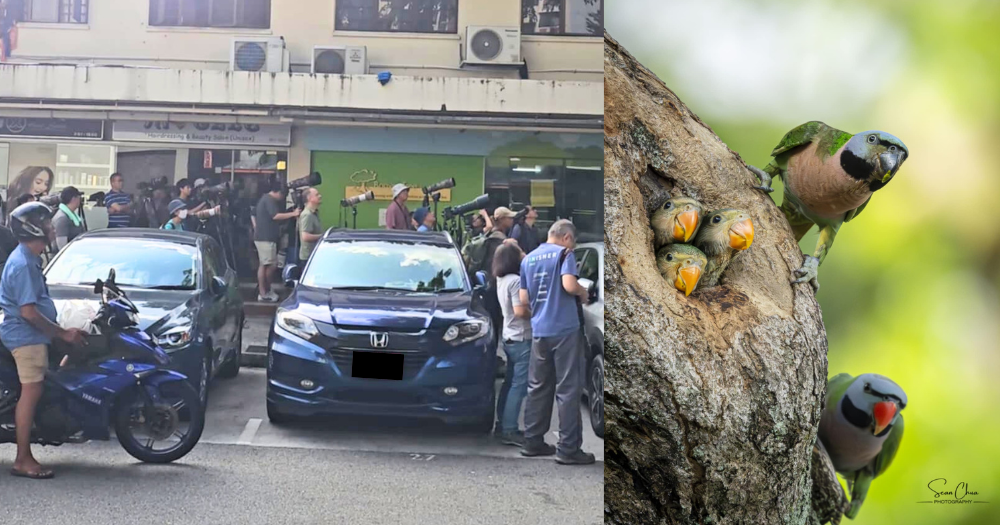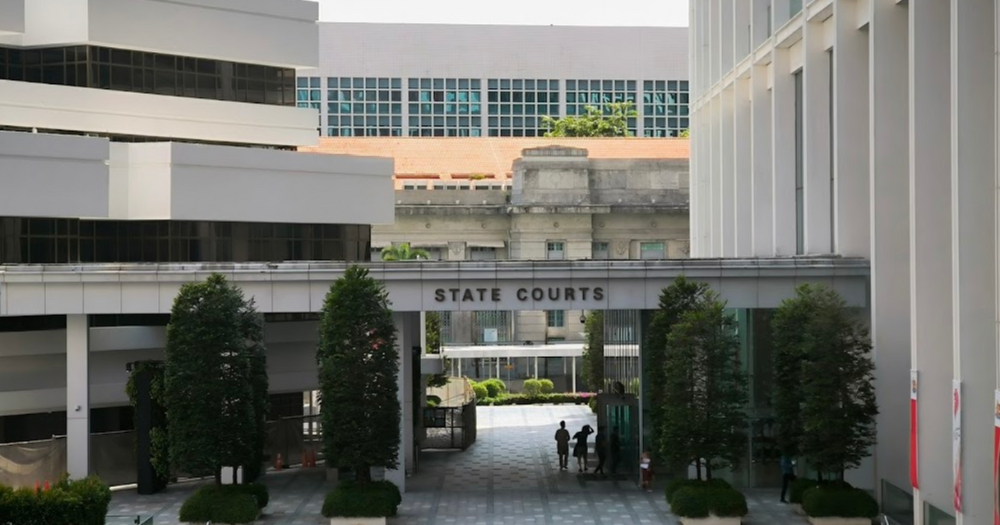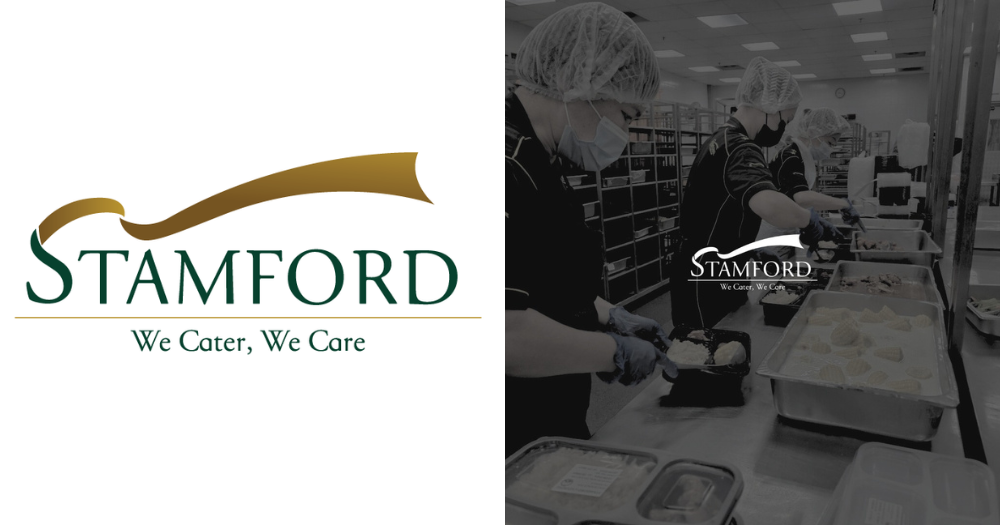Not uncommon for charges to be amended because of developments: Chan Chun Sing on Iswaran's case
Iswaran originally faced charges under the Prevention of Corruption Act before it was amended.
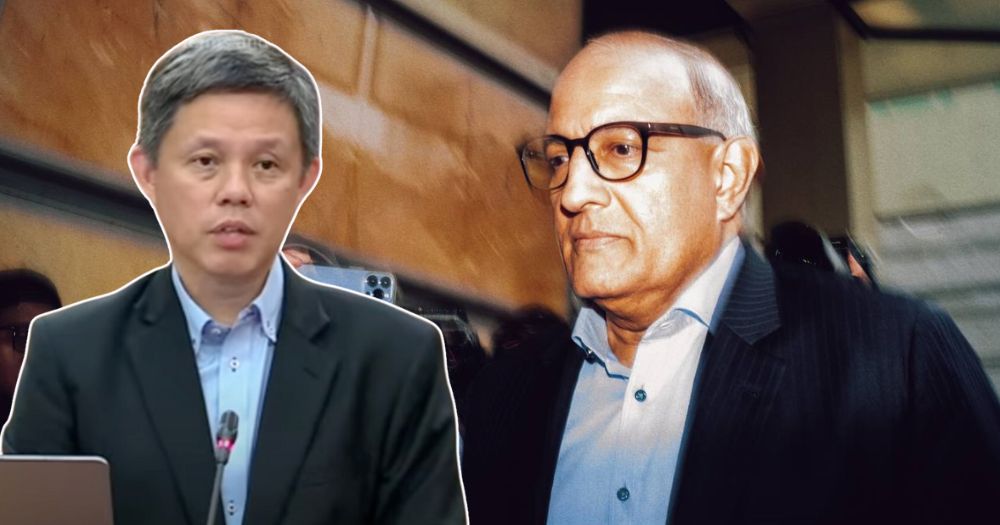
It is not uncommon for charges to be amended on their way to the courts because of developments and representations by the prosecution and the defender, said Minister for Education Chan Chun Sing during the parliament sitting on Oct. 14.
Chan, who is the Minister in charge of the public service, was responding to parliamentary questions regarding former transport minister S Iswaran's case following the latter's imprisonment.
Iswaran was charged with four counts under Section 165 of the Penal Code, which makes it an offence for a public servant to accept anything of value without payment or with inadequate payment from any person with whom he is involved in an official capacity.
There was also a fifth charge of obstruction of justice.
He originally faced charges under the Prevention of Corruption Act before it was amended.
Amendment of charges happen regularly: Chan
Member of Parliament (MP) Sylvia Lim asked if the corruption case against Iswaran was "weak" in light of the dropping of corruption charges.
In response, Chan said such things "do happen regularly" in the courts.
He pointed out that as a lawyer, Lim would know "very well" that it is not uncommon for charges to be amended on their way to the courts because of developments in the case.
Lim later asked if it is still the Prime Minister's position that Corrupt Practices Investigation Bureau (CPIB) and Attorney-General's Chambers (AGC) did a thorough job, given the subsequent developments in the Iswaran's case.
Chan first clarified that Section 165 is still a corruption charge, although it only applies to public officers.
"In Section 165 you do not need to prove a quid pro quo on both sides. You just need to prove that the person has taken. It doesn't mean that it's not a corruption charge," he said.
He added that they have reasons to believe that CPIB and AGC "did their job".
"But as I've mentioned and I've explained along the way, it is not uncommon for the prosecution and the defence to see how the situation develops, and sometimes charges may be amended in this situation or in any other cases."
Lim additionally asked questions on the sentence of 12 months in jail imposed on Iswaran by the judge, which was more than what both the prosecution and defence had asked for.
Chan said that we need to distinguish between what the prosecutor asked for and the judge's discretion in imposing the sentence.
"These two are quite separate, and we should not conflict the two," he said.
Expectations of public servants
Chan said that individuals in the public service are expected to uphold high standards of conduct, and this expectation extends to individuals carrying out functions on behalf of the government, even if they are not directly employed by the government.
"This is important to preserve the integrity of our public service, so as to maintain public confidence and trust," Chan added.
Lim asked if the definition of public servant under the Penal Code is "fit for purpose" for an offence under Section 165.
Chan explained that public servants carry out a wide range of functions on behalf of the government, and the definition of public servant in the Penal Code covers individuals who are entrusted with these public duties.
"We expect high standards of conduct from all public servants. Accepting or obtaining gifts from a person whom the public servant knows to be concerned in business transacted by the public servant or having a connection with the public servants official functions is not acceptable in Singapore's context."
"Otherwise, public confidence in the impartiality and integrity of the government would be undermined," he said.
Public perception
In response to MP Zhulkarnain Abdul Rahim's question on whether Section 165 may deter individuals and top talents from the private sector from joining or contributing to the public service, Chan said he does not think "our rules would deter good people from joining our boards".
He said individuals from the private sector who serve as chairpersons or board directors on our statutory boards play an important role in building resilient and effective public-sector organisations.
"On the contrary, if we do not have an ethos or system that ensures clean, honest government, we would not be able to attract the right people from the private sector to join us," he said.
"I would also like to assure our chairpersons and board directors, if they act professionally and with integrity, they have nothing to fear."
Lim also asked about the impact of recent developments on public trust and whether Singapore's anti-corruption laws have to be reviewed.
"However stringently we act against corruption, from time to time, individuals might fall short. When this happens, we should not have a knee-jerk reaction and immediately tighten or add more rules," Chan replied.
"Instead, we ask ourselves whether it was an individual or systemic matter. If the rules were clear but were flouted or ignored, what we need to do is not to adjust the rules, but to take decisive action against the offender.
If the rules were unclear, we should clarify or simplify the rules. If the rules were too lax, or if it was a new situation not envisaged or covered by the rules, we should update the rules."
Top photos by Mothership and MDDI
MORE STORIES








